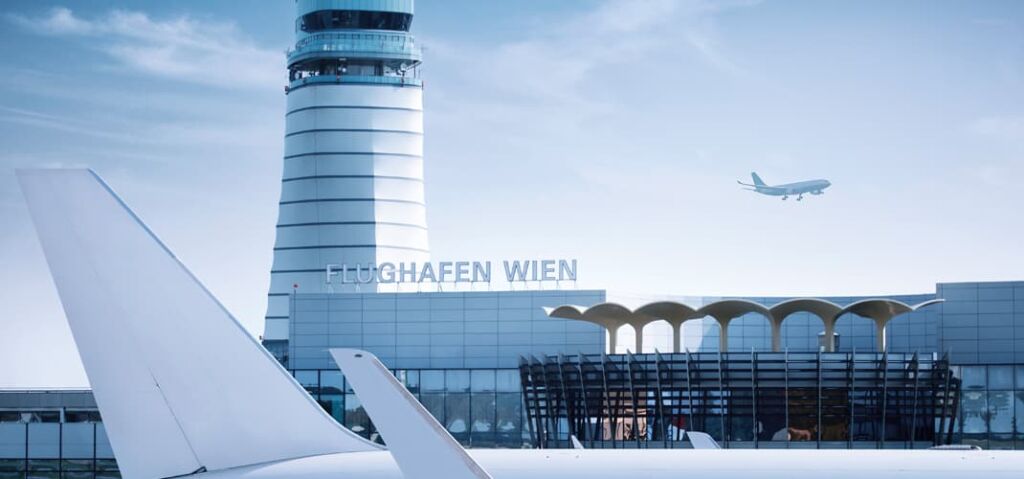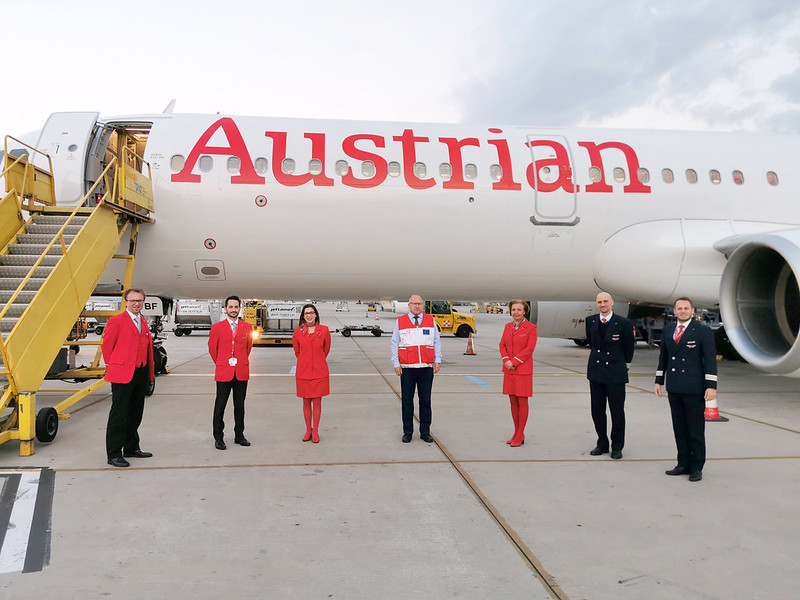Austrian Airlines has commenced the first trials for using rapid Covid-19 antigen tests in close cooperation with Vienna Airport. In the initial phase, all passengers on flight OS 229 to Berlin will have the opportunity to take such a rapid test prior to departure in the period October 23 – November 8, 2020, initially. The tests are free of charge and are carried out on a voluntary basis. For this purpose, Vienna Airport has set up a testing center in the check-in area of Terminal 3. After taking the test, passengers will receive their results within 10-15 minutes, either via SMS or, upon request, after personal inquiry. The boarding card is only activated if the test results are negative, enabling the passenger to gain entry to the security area and gate. If the test results are positive, the affected passenger will be taken care by the airport medical service in order to fully clarify the individual’s medical condition. Further steps will be specified with the responsible health authorities. In this case, the passenger will be able to rebook or cancel his or her Austrian Airlines flight free of charge.
“The airplane is already the safest means of transport in the public transport sector. Nevertheless, we want to go one step further, and make travelling by air even safer”, says Austrian Airlines COO Jens Ritter in explaining the objective of the project.
The large number of travel restrictions have made it difficult for airports and airlines to ensure stable flight operations in the past few months. For this reason, in cooperation with Vienna Airport, Austrian Airlines has defined the goal of showing how one can integrate rapid testing into the passenger’s travel chain. The Lufthansa Group is working with partners on processes enabling intercontinental mobility and the freedom to travel, also during the coronavirus pandemic, while maintaining health protection. The findings derived from test operations in Vienna will be integrated into the overall project being implemented by the Lufthansa Group. “We have to dismantle the barriers created by the coronavirus over the past few months, COO Ritter emphasizes. “For the future, our objective is to achieve corresponding loosening of travel restrictions. However, first we aim to show how a targeted testing program can work”, he explains. If the trial runs become well established, the tests could be offered on a larger scale. Julian Jäger, Member of the Management Board of the airport operating company Flughafen Wien AG, adds: “The entire tourism and travel industry urgently needs future-proof solutions to get out of the crisis. Rapid antigen tests provide a quick result and can be well integrated into the operational process of an air travel. Nationwide use at airports and by airlines within the framework of a Europe-wide uniform testing regime could enable the freedom of travel for passengers, which is important for economy and tourism”.
Aviation State Secretary Magnus Brunner welcomes the pilot project: “The pilot project allows us to venture a look into the near future and, above all, to demonstrate the feasibility of the necessary processes. This will enable antigen tests to be used as soon as possible, provided they are of the required quality in terms of sensitivity and specificity. In this way, we are taking a step towards ‘new normality’ in order to give our social life and economy a corresponding boost. “
Information on the testing program available before departure
Passengers will be informed about the testing possibility before departure via a preflight e-mail and check-in invitation. At present time, the rapid Covid-19 antigen test does not replace the PCR tests mandated by health authorities. This means that all passengers must continue to adhere to local entry regulations. The obligation to wear masks on board Austrian Airlines flights as well as at airports remains in force, with the exception of children under the age of six and passengers who can present the appropriate medical declaration as well as a negative PCR test (with the results not older than 48 hours).





